What I Know About Scientology, and My Son, David Miscavige
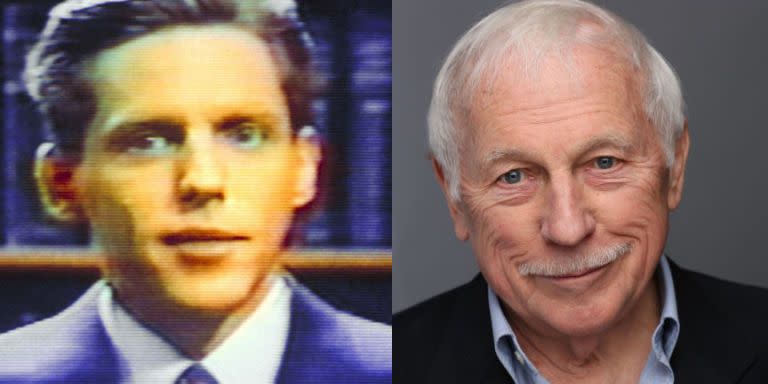
- Oops!Something went wrong.Please try again later.
Ron Miscavige introduced his son, David, to the Church of Scientology in 1969 hoping it would help the young boy's asthma. David quickly became a devotee and climbed the ranks, growing close with Scientology founder L. Ron Hubbard. When Hubbard died, David became the de facto leader. What has happened within the Church under his tenure has been the source of rumors and speculation for decades. Ron, who left the Church in 2012 and was later allegedly followed by private investigators sent by his own son, is telling his side of the story in a new memoir. What follows is an exclusive excerpt from the book.
From Ruthless by Ron Miscavige. Copyright © 2016 by the author and reprinted by permission of Thomas Dunne Books, an imprint of St. Martin's Press, LLC.
A statement from the Church of Scientology follows.
Sometime in 1987, David gained uncontested power over Scientology. Now no one in all of Scientology had the authority or courage to tell him no.
Beyond the usual day-to-day concerns and headaches of the base demanding his work and attention, there was another factor pulling at David—the seductive lure of celebrity, most particularly Tom Cruise.
The first time Tom came to the base, which also was their first meeting, David was on pins and needles, wanting to be sure everything would be suitably impressive. At that time it was very hush-hush that Tom was even involved with Scientology. All the records of his auditing sessions were kept in folders labeled with his given name, Thomas Mapother. Tom had been audited in Los Angeles by auditors who were not in the Sea Org [an order of the group's most religious members], and he was then married to Mimi Rogers, the daughter of Phil Spickler, a longtime and noted Scientologist. Spickler had run afoul of the organization some years before and had been excommunicated, so to speak. David desperately wanted to get matters under tighter control—that is, under his control—and one of his top lieutenants, Greg Wilhere, had finally arranged to bring Tom to the base for a stay and some auditing.
David orchestrated every detail for maximum impact on his guest. A special dinner was prepared by Hubbard's former chef to be served at the base swimming pool/recreational area. The area looked like a clipper ship, complete with 50-foot masts with sails, a teak deck and even a lifeboat. Schedules in Los Angeles did not cooperate, however, and Tom was late arriving. David paced around anxiously, demanding, "Are they here yet?"
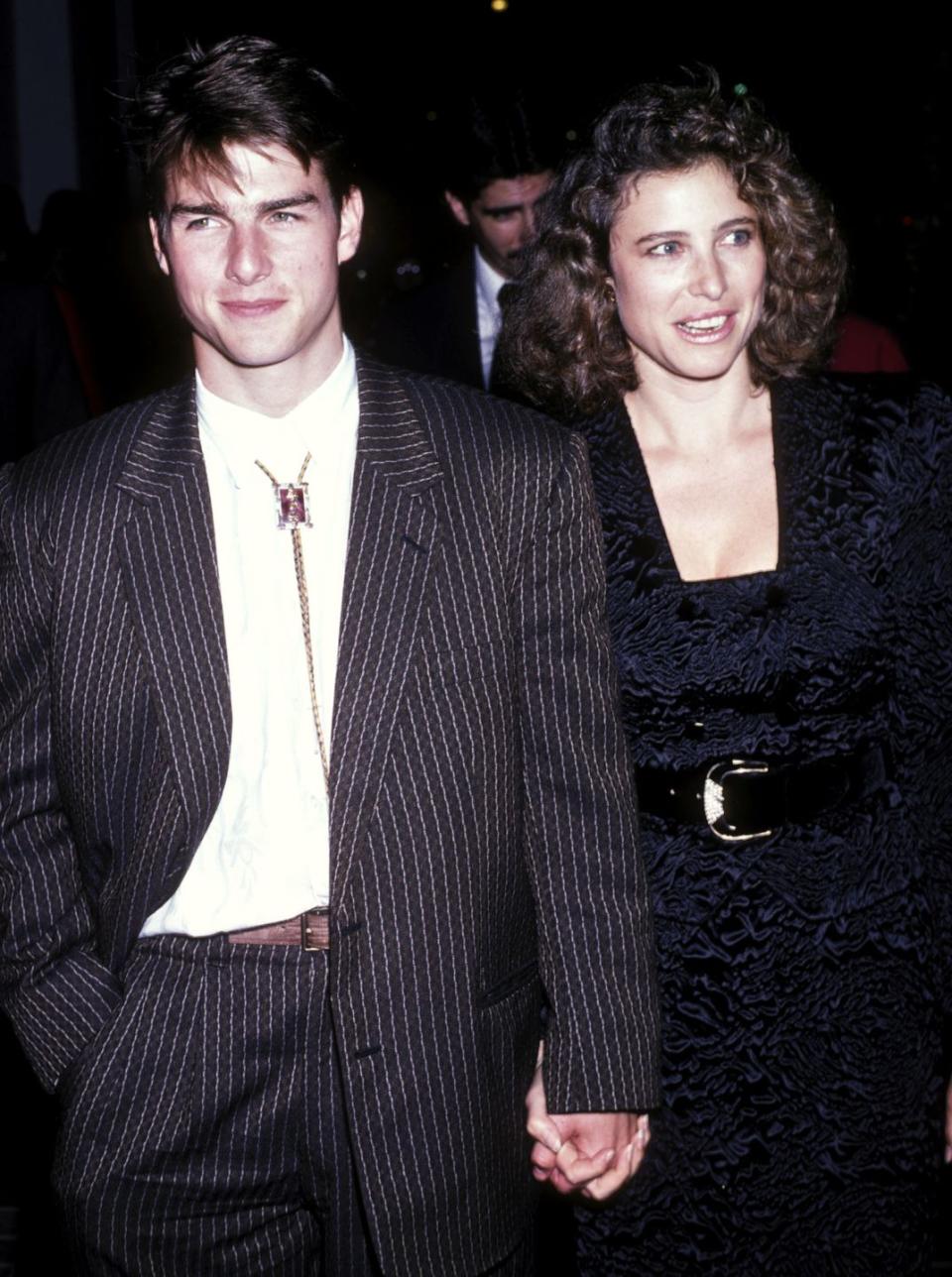
Finally, four hours after his scheduled arrival, Tom appeared but told Greg that he just wanted to settle in and get to bed and that he and Dave could meet the next morning. When Greg delivered the news to David, he hit the roof. Things smoothed out the next day, and Dave and Tom hit it off.
Up on the hillside, behind a house that had been prepared for Hubbard to live in (but was never used), stood a crude rifle range. David had developed an interest in guns at one point. He and Tom used the range and had a great time. Several days before Tom's next visit, he made David a present of an automated skeet launcher to replace the manually operated one they had used on Tom's first trip. David immediately called for a complete renovation of the shooting range and had work crews up day and night for three days totally redoing it, including adding a bunker for the new skeet launcher. The purpose was solely to impress Tom Cruise.
I did not see them interact much, but I have been told that they developed a sort of brotherly competitive spirit, each trying to outdo the other. One time, they allegedly raced through Los Angeles in separate cars, running red lights, each trying to beat the other to their destination.
Dave's preoccupation with winning ties in with the analysis that follows. In 1953, Hubbard wrote an essay in which he detailed characteristics of a toxic personality type. He listed the following traits as indicative of such a personality (and here I am paraphrasing the original). Each point is followed by [my] analysis [of David].
1. If something unfortunate happens to a person, the toxic personality thinks that the misfortune is either ridiculous, a mere trifle, or that the person deserves it.
I once contracted scabies from sleeping on an unclean mattress at Gold [the Scientology production company that makes their training and marketing materials]. I saw Dave while I was infected, and he shouted, "Don't get near me! Stay away from me!" he was afraid that I might infect him. He had no concern for me at all. It was all about him.

2. If someone does something to the toxic personality, the toxic person always regards what happened as extremely important and egregiously bad and thinks the damage can never be overcome.
If David ever felt that someone had crossed him, that person would go into his black book forever. You could never mitigate the damage to David if you got on his bad side. One example was Marc Yager, a onetime friend of David's. Marc was the poor sap who spent a whole year living in the swamp at Gold after he crossed David, although no one ever learned exactly what had happened. Some years later, when I needed to make up for something David regarded as damaging to him, Marc told me (in exactly these words): "I don't know how you are ever going to make up the damage."
3. Anything that another person can do is without real value, according to the toxic personality, or can be done better by someone else.
Because of my sales experience, I helped the salespeople in Los Angeles improve their skills at David's behest.
Later, when I was no longer doing that training, sales began to lag in some areas. When Dave learned that the organizations were naming me as the person who had helped them, his comment was "Come on, man. I could fart more sales than you."
4. The toxic personality tends to be either sexually repressed or perverted.
A basic Scientology concept is that life in its many forms is a matter of simply trying to survive. Scientology divides this urge to survive into eight dynamics, as Hubbard called them, that mirror the activities of life and the universe:
• Survival for oneself
•Survival through sex and the family
• Survival through groups
• Survival as part of humankind
• Survival as part of all living things—plants and animals
• Survival as part of the physical universe
• Survival as spirits or universal thought
• Survival through infinity, the Supreme Being, god, the creator
Hubbard often talked about the second dynamic in his writings and lectures, noting how most people had hang-ups about sex, but he more or less dismissed these as trifling compared to the deeper issues that he felt posed much greater blocks to spiritual advancement. Hubbard mostly viewed relationship or marital blowups as distractions from the important work Scientology has to do to "clear the planet," Scientology's rallying cry to achieve its aims of a civilization free of crime, insanity and war. In the early days of the Sea Organization, Hubbard was loath to regulate Sea Org members' personal lives, but in the late 1970s, he finally approved an issue written by one of his messengers that put the kibosh on sexual relations among unmarried Sea Org members.
David got behind the new regulations, but over time he seemed to be dead set against the second dynamic in all its forms and manifestations. His attitude seemed to be that staff members, and by extension all people on planet Earth, were more concerned about sex and having kids than with helping him expand Scientology.
The culture of the Sea Org with respect to sex and the family began to change. What follows [in my words] are a few examples of actions taken while he was at the helm.
Anyone in his org, RTC, who was married to someone working in a different unit on the base either had to divorce the spouse or leave RTC, to be posted to another unit. Some staff actually divorced their longtime spouses.
Husbands and wives often were split up when one was assigned to an outlying organization, sometimes for years at a time.
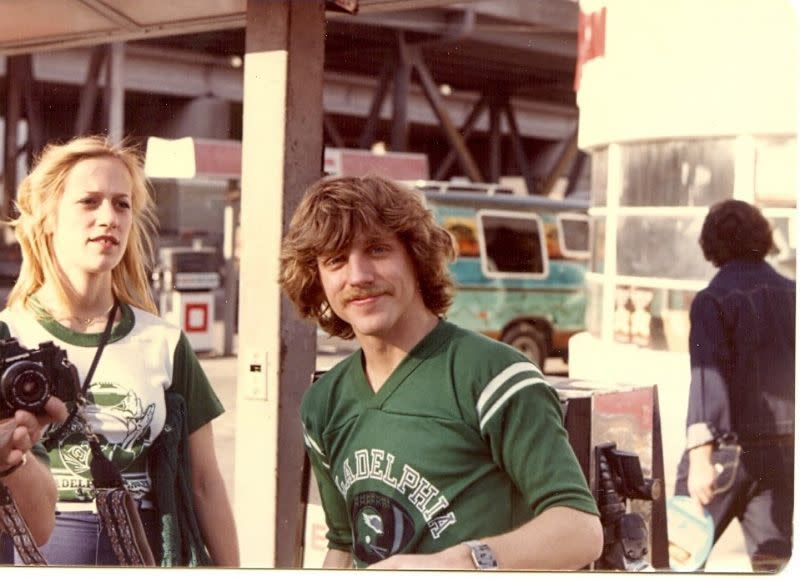
Women on the base were forbidden to have children, and I know that several former Sea Org members have claimed that they were pressured by colleagues or supervisors to have an abortion. I also know that if a couple wanted to keep a child, they were sent off the base to inferior postings. The church has denied that it has pressured anyone to have an abortion.
People who already had children when they came to the base were not allowed to live with their children. Instead, their kids were kept at another facility ten miles away. Some staff members who had children in Los Angeles were allowed to drive down on Saturdays to spend the day with them. "Family time," it was called. Parents at the Los Angeles organizations initially had one hour each day to spend with their children. Then, under some pretext, family time was canceled, which created a great deal of stress for many parents and their children. After that, parents and their children had limited opportunities to see each other. My granddaughter Jenna Miscavige Hill wrote in her book that she had seen her parents only a few times over the course of several years and even then only briefly.
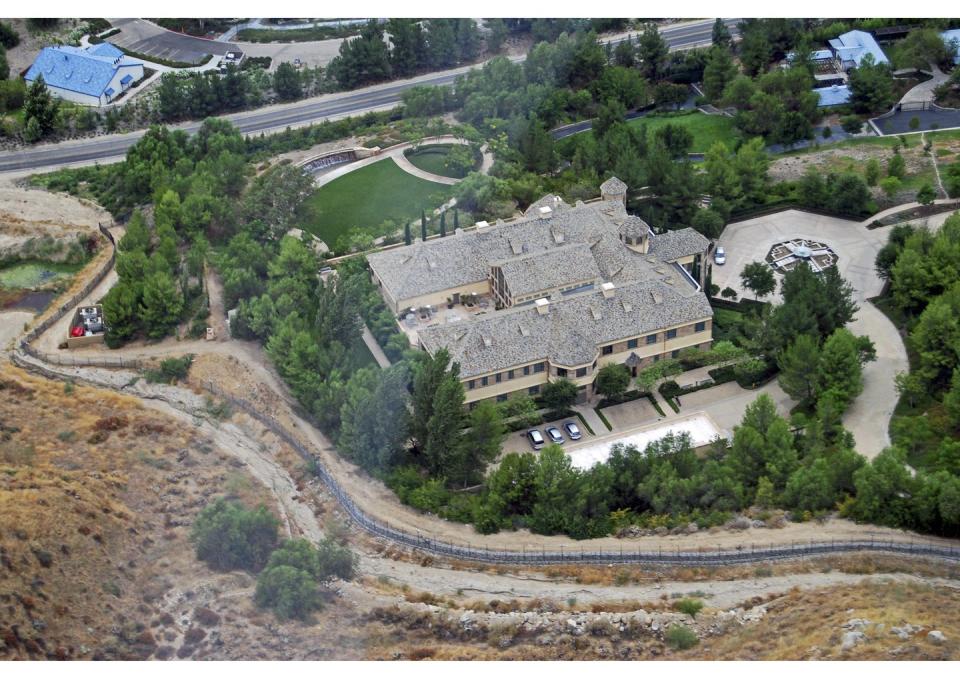
In the last decade I lived at the base, marriages were exceedingly rare. Except for one, I am not aware of any marriages between staff members, a restriction that, I am told, has only recently been relaxed.
Any memos or issues that needed to be written to enforce these rules were written by others so as to put a layer of plausible deniability between their originator and enforcement of the decrees, but I am positive that any such orders came from David.
The final example I'll mention comes under the heading of perversion. I know that former Scientology executive Tom Devocht and others have claimed that David has read out loud the sexual activities of individuals as confessed in their auditing sessions. Friends of mine have also observed this. Scientology representatives have denied it, saying that David has always "rigorously upheld the sanctity and confidentiality of ministerial communications."
5. The subject of food and eating is restricted by the toxic personality.
While David's own food allowance runs into many hundreds of dollars each week, the food allowance for staff members at the base was sometimes reduced to less than a dollar per person per meal. That is less than $20 to feed someone for an entire week—while that person is working upward of 100 hours.
David, meanwhile, was dining on New Zealand lamb or Maine lobster, with a personal chef on call for him, his wife and closest circle. Two entrees were prepared for each meal, in case one was not to his liking.
During my nearly 27 years in the Sea Org with my son David, I observed in him on numerous occasions each of the traits I have described. I wish I was not writing this, but it is the truth, and other people I know would say and have said the same.
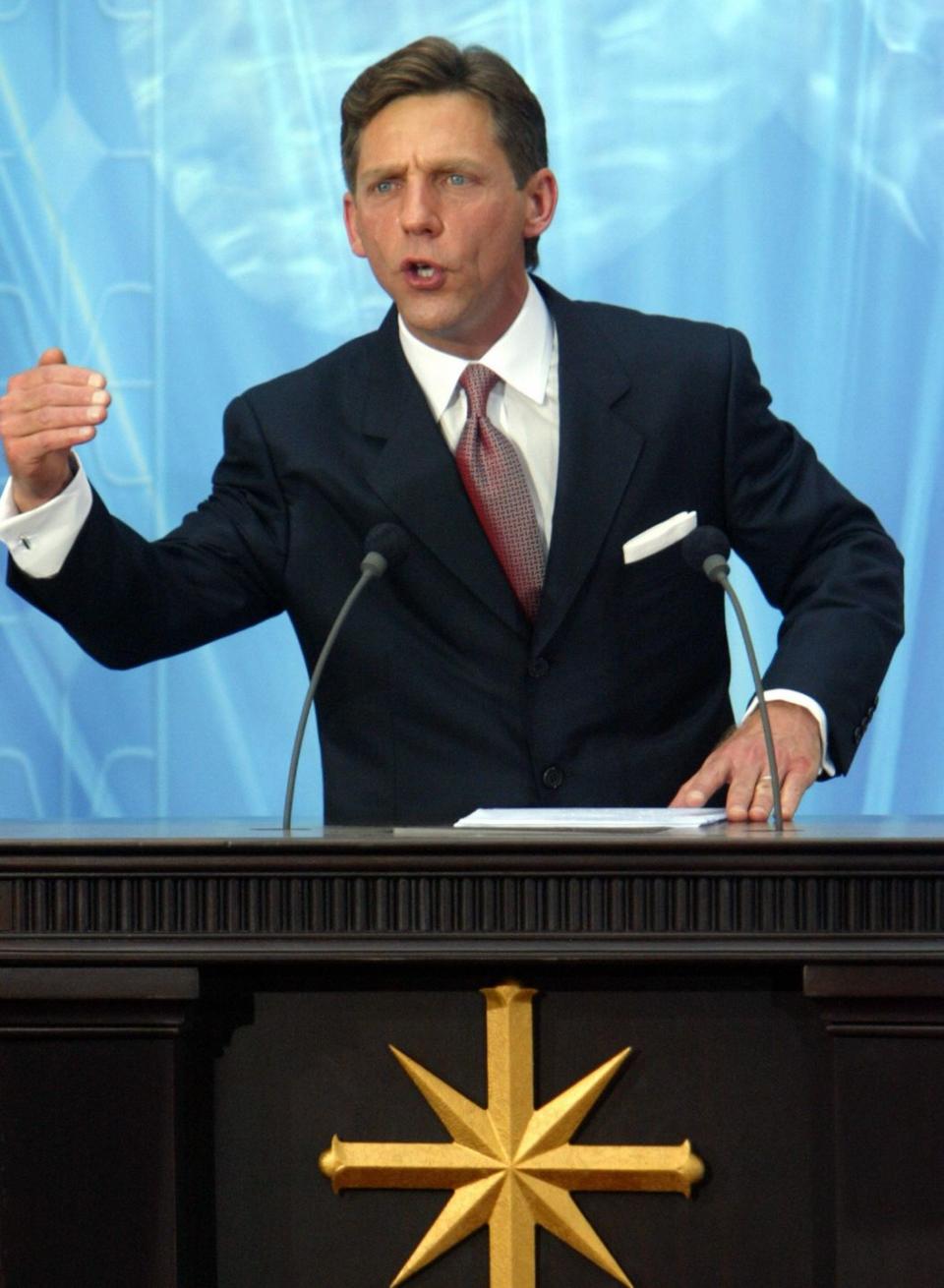
A book by Harvard psychologist Martha Stout, The Sociopath Next Door, is based on her decades of study of toxic personalities. In it she claims that one in 25 people in the United States suffers from a mental disorder that leaves them without a conscience. Such people, she writes, never feel guilt, shame or remorse. She contends that, just as some babies are born without a hand or a limb, sociopaths are born without a conscience.
Of these conscienceless people is a charisma that can make them more interesting, more charming, more spontaneous, more intense, and more appealing than other people. Not all people who have these traits are sociopaths, of course, but because of their ability to seduce others with their charm, they can be tricky to identify.
I will leave you to draw your own conclusions about why I mention Stout's book in this chapter. I have no doubt that it has been much harder for me to write this chapter than it is for you to read it. David, after all, is someone I have known since I peeked beneath that blanket outside the delivery room on April 30, 1960. He and I had countless wonderful moments together, and I loved him as I love all my children.
Yet the truth is the truth. I believe that people change throughout their lives but that those changes are not always for the better.

A spokeswoman for Scientology sent the following statement about Ruthless:
"Ronald Miscavige is seeking to make money on the name of his famous son.
David Miscavige has taken care of his father throughout his life, both financially
and by helping him in even the most dire circumstances.
"Ronald Miscavige was nowhere around when David Miscavige ascended to the
leadership of the Church of Scientology, mentored by and working directly with
the religion's founder L. Ron Hubbard, and entrusted by him with the future of the
Church.
"Any father exploiting his son in this manner is a sad exercise in betrayal.
"Mr. David Miscavige's far-reaching vision and unrelenting dedication has brought
the Church of Scientology to where it is today, guaranteeing its future for
generations to come. Scientologists worldwide love and respect Mr. David
Miscavige for his tireless work on behalf of their religion."
The Church of Scientology also created a website responding to Ruthless, including video interviews with people making statements about the chapter excerpted here.
You Might Also Like

